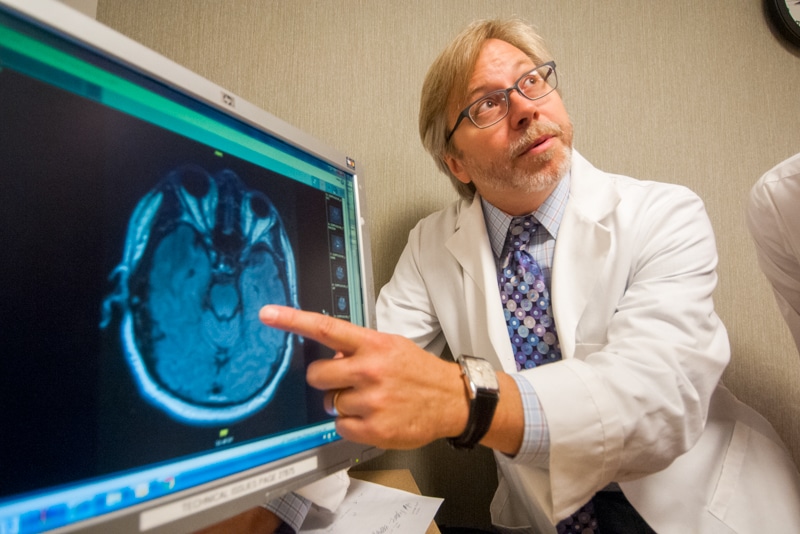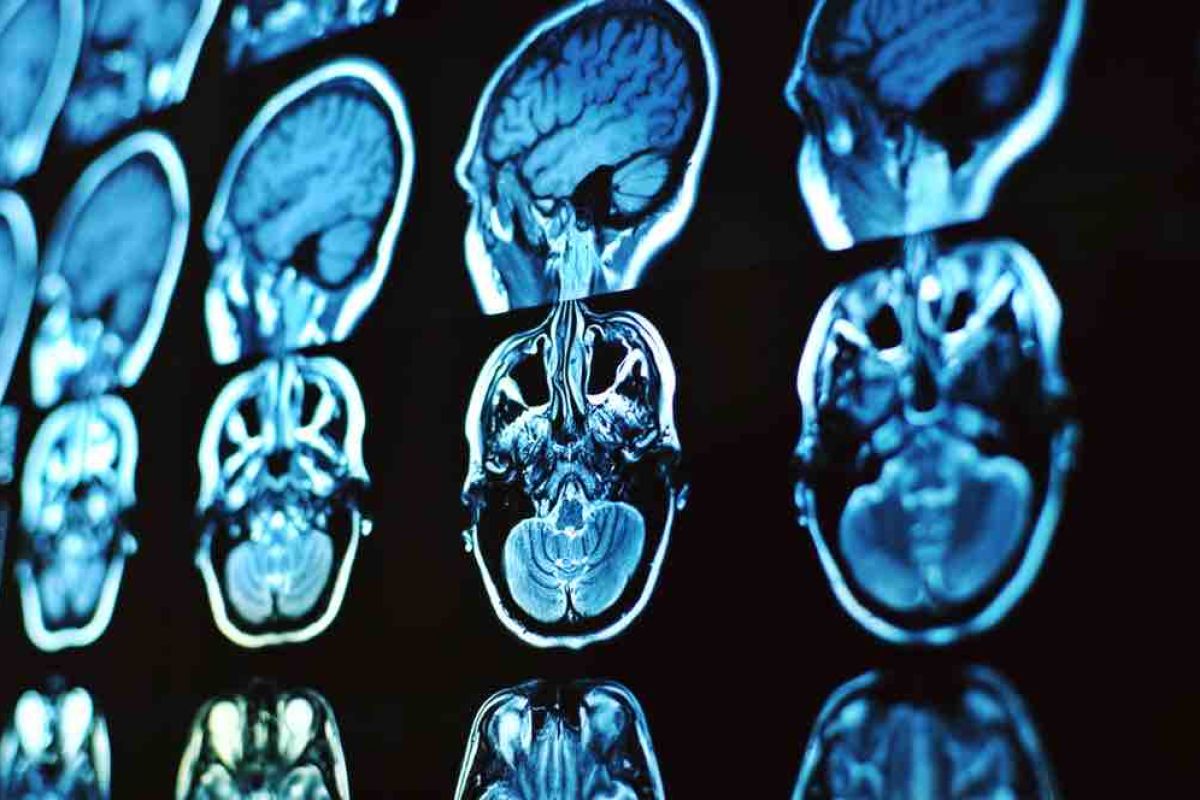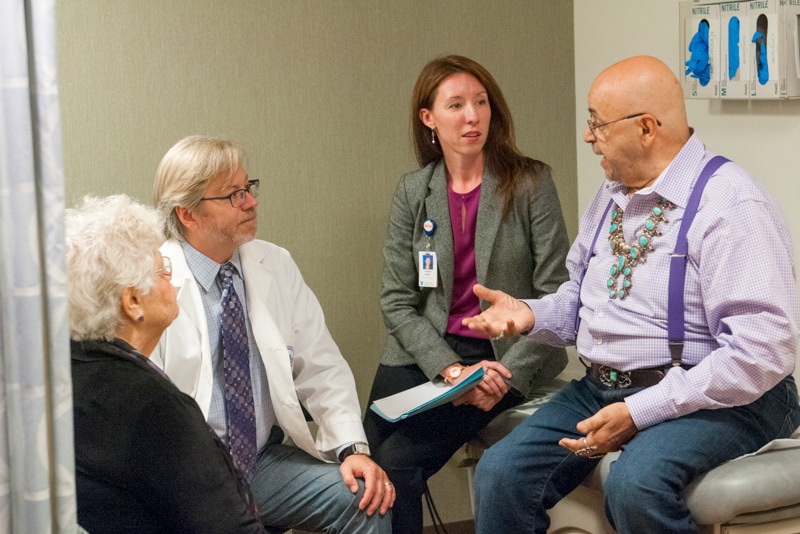Research
Lorem ipsum dolor sit amet, consectetur adipiscing elit. Fusce interdum eu arcu ac semper, vestibulum pellentesque sed ipsum ut volutpat. In erat massa, ultricies sollicitudin felis sit fusce interdum arcu adipiscing.
Impact of our Research
The research program at Dickerson Lab Unit encompasses a large variety of types of research. This page provides a brief summary as a high-level overview. Each section is detailed further on pages you can read by clicking on the links. The Dickerson Lab research depends on the participation of patients and families, and we are incredibly grateful for the time and effort you put into this aspect of our partnership.
We hope that by participating in this way, you feel, as we do, that you are contributing in important ways to fighting back against these diseases. Please contact us if you have any questions about the Dickerson Lab research program. Most of these projects have been launched with philanthropic donations from generous patients, family members, and other members of our community, and then the work conducted with these seed funds have been leveraged to obtain large grants from the National Institutes of Health, Alzheimer’s Association, Association for FTD, Alzheimer’s Drug Discovery Foundation, or foundations that fund this research.
Areas of Impact
Active Research Studies
Research for People Living with a Diagnosis
- ARTFL-LEFFTDS Longitudinal Frontotemporal Lobar Degeneration Study (ALLFTD)
- Longitudinal Early-Onset Alzheimer’s Disease Study (LEADS)
- 4-Repeat Tauopathy Neuroimaging Initiative – Cycle 2 (4RTNI-2)
- TMS in Primary Progressive Aphasia: Modulation of Brain Networks and Language
- Imaging tau, amyloid, and neurodegeneration in Primary Progressive Aphasia, Posterior Cortical Atrophy, and typical Alzheimer’s disease
- Progressive Aphasia Characterization and Tracking (PACT)
- Imaging study of adults with a known family history of inherited frontotemporal degeneration
- MGH Sleep and Aging Study
- Tracking and Characterization of Cognition Over time (TACCO)
Research for Caregivers and Care Partners of a Person with Dementia
Research Studies for Healthy Aging
How to Participate
We are always looking for individuals who would like to participate in our efforts, whether they be patients, family members, interested individuals from the public, potential donors, other health care professionals, or other researchers.
Please contact us with your inquiry by emailing mghftdunit@mgh.harvard.edu.
The MGH FTD Unit aims to develop better knowledge about and diagnosis and treatment of all forms of FTD and related focal dementia syndromes. The PPA Program aims to better understand and treat primary progressive aphasia syndromes using existing technologies (including speech therapy) and by developing new diagnostic and treatment technologies. The PCA program is a clinical-research partnership that offers a specialized cross-discipline approach to diagnosing and caring for individuals living with posterior cortical atrophy and their families.
Selected Publications
Correction: Cortical microstructure in primary progressive aphasia: a multicenter study
Illán-Gala I, Montal V, Borrego-Écija S et al. Alzheimers Res Ther. 2023 Feb 4;15(1):29. doi:10.1186/s13195-023-01179-9. Erratum for: Alzheimers Res Ther. 2022 Feb 9;14(1):27. PMID: 36739431; PMCID: PMC9898884.
Tau-Neurodegeneration mismatch reveals vulnerability and resilience to comorbidities in Alzheimer’s continuum
Lyu X, Duong MT, Xie L et al. Alzheimer’s Disease Neuroimaging Initiative. medRxiv [Preprint]. 2023 Feb 15:2023.02.12.23285594. doi: 10.1101/2023.02.12.23285594. PMID: 36824762; PMCID: PMC9949174.
Plasma biomarkers for diagnosis of Alzheimer’s disease and prediction of cognitive decline in individuals with mild cognitive impairment
Kivisäkk P, Carlyle BC, Sweeney T et al. Front Neurol. 2023 Mar 2;14:1069411. doi:10.3389/fneur.2023.1069411. PMID: 36937522; PMCID: PMC10018178.
A Step Forward in the Fight Against Dementia-Are We There Yet?
Wolk DA, Rabinovici GD, Dickerson BC. JAMA Neurol. 2023 Mar 13. doi: 10.1001/jamaneurol.2023.0123. Epub ahead of print. PMID: 36912845.



